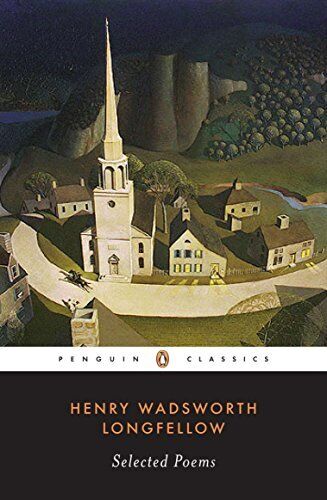Suzerainty – the position or power of a suzerain (a state in its relation to another over which it has political control)
“Latin America was screened off from European interference by the 1823 Monroe Doctrine, which stated that European countries would not be allowed to interfere in the affairs of these republics, and the nation’s new empire in the Pacific, especially the Philippines, would be a territory under U.S. suzerainty.”
Aida D Donald, Lion in the White House



